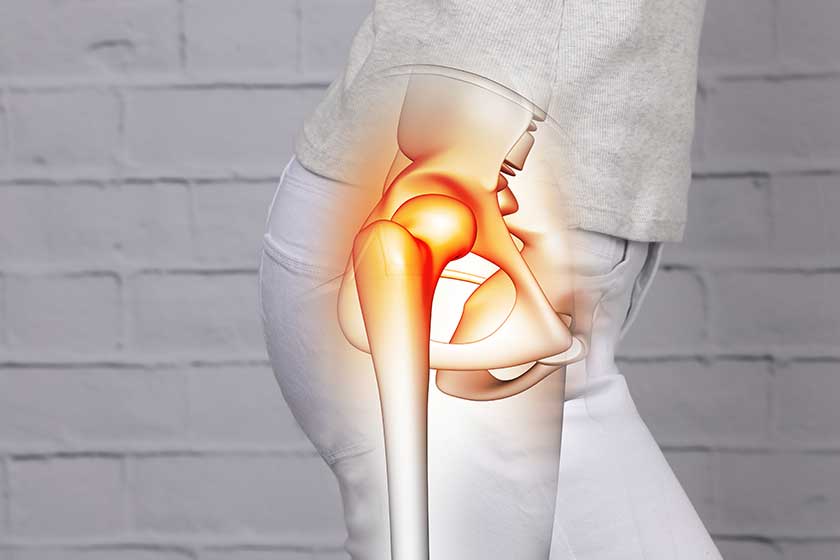We all know that falls can be dangerous to older adults, including those in their 50s. Hip fractures are a common result of a fall, and older women, in particular, are more prone to hip fractures. When learning how to take care of yourself after a hip fracture and how to prevent them from happening in the first place, we will first take a look at the most common causes of hip fractures in your 50s.
Risk Factors for Hip Fractures
So, why is it more common for older adults to suffer from hip fractures? Below are some common reasons:
- Osteoporosis: This condition weakens the bones, making them more prone to breaking. Women are more likely than men to develop osteoporosis, which is why more older women suffer from hip fractures.
- Medication: Some of the prescriptions older adults are on can lead to side effects such as dizziness or drowsiness, making them more prone to falling.
- Unsafe Home Environment: As you age, so too must your home environment change. Take into account any trip hazards lying around, such as electrical wires or loose threads on rugs, and remove them.
- Inactive Lifestyle: Not getting regular exercise can result in weaker muscles and bones, increasing the risk of a hip fracture.
- … and more!
Treatments for Hip Fractures
After a hip fracture, going for hip surgery is unavoidable. This will most likely involve a hospital stay and even respite care in the process of rehabilitation. Depending on whether you have suffered an intertrochanteric region fracture or femoral neck fracture, the type of surgery you require will differ. This can either be a partial or total hip replacement or simply attaching a metal plate to your femur with screws.
Preventing Falls and Hip Fractures
The best way of avoiding a hip fracture is to reduce the chances of falling. Below are some ways you can do that:
- Modify your home to be more senior-friendly as you age and your needs change. This includes installing handrails in bathrooms and other touchpoints as well as getting anti-skid mats.
- Rugs and carpets should be removed or tacked down to the floor to prevent them from being a tripping hazard. Electrical wires should be kept out of the way of direct paths as well.
- Ensure all rooms are well-lit and replace any lightbulbs once they become dim and situate light switches in a convenient and accessible place. This will reduce the chances of falling due to an unseen hazard.
Discovery Village At The West End Can Provide Respite Care in a Beautiful Setting
After a major medical event such as a hip fracture surgery, you may require some care before you are ready to move home. This is where respite care comes in. You will receive physical therapy onsite as well as three nutritionally balanced meals a day at Discovery Village At The West End. We also offer three long-term senior care options: active independent living, senior assisted living, and memory care!







